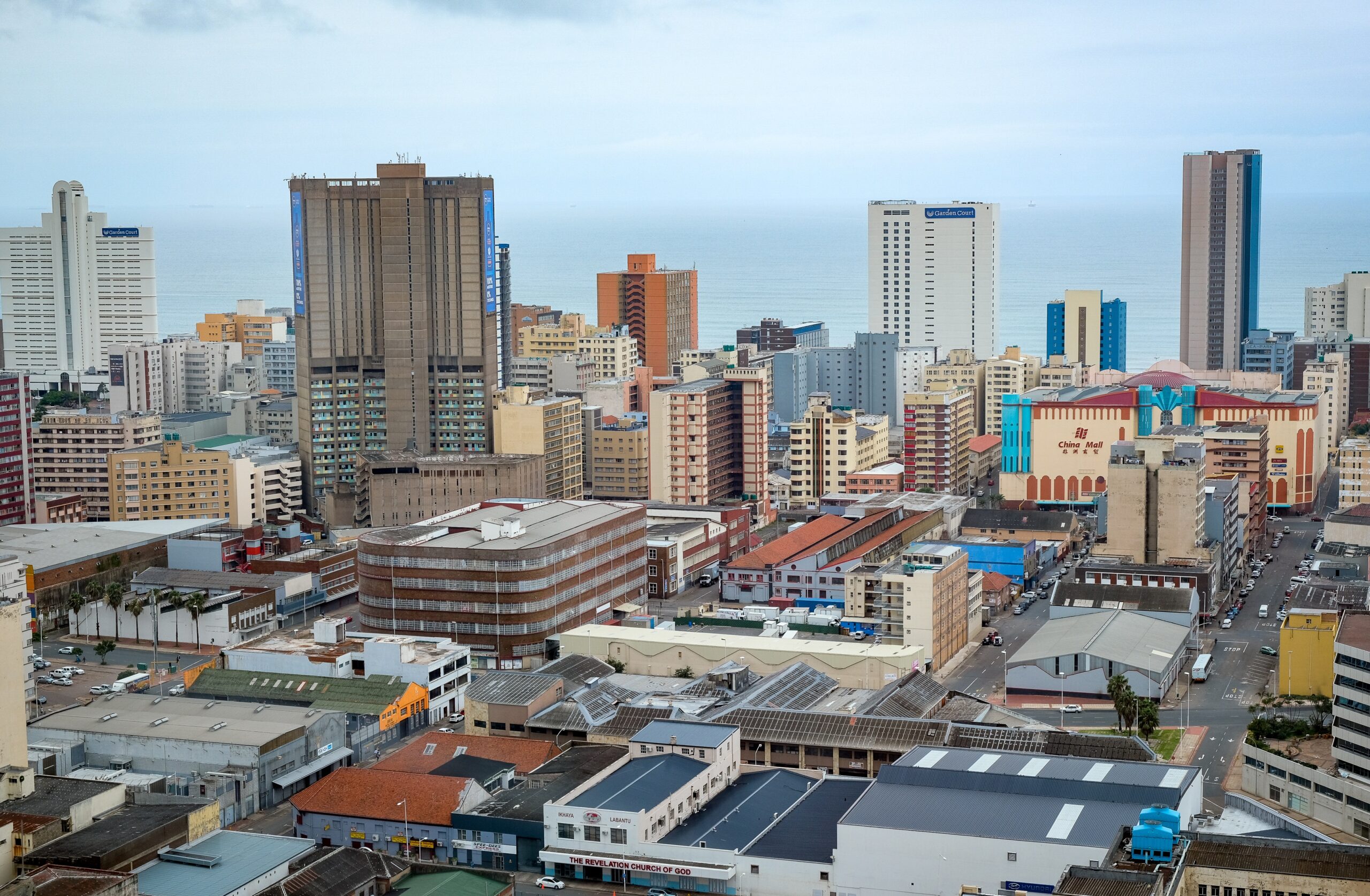
Study In South Africa
Studying in South Africa can be an enriching experience with its diverse culture, stunning landscapes, and quality education. Here are some key details regarding admission requirements, visa processes, and studying in South Africa.
Admission Requirements
- Choose a Program and University: Research South African universities and their programs to find the one that suits your academic and career goals.
- Check Admission Criteria: Review the specific admission requirements for your chosen program, which may include academic qualifications, language proficiency (usually English), and any prerequisite subjects.
- Submit an Application: Complete the university’s online application form, including all required documents such as academic transcripts, diplomas, and letters of recommendation.
- Pay Application Fees: Most universities in South Africa charge application fees, which must be paid during the application process.
- Receive an Offer: If your application is successful, you will receive an offer of admission. This offer will include details on your program, tuition fees, and other important information.
- Accept the Offer: Once you receive an offer, you’ll need to accept it to secure your place at the university.
Visa Processes
Study Visa: To study in South Africa, you’ll typically need a study visa. Here are the key steps in the visa application process.
- Apply for a study visa at the South African embassy or consulate in your home country.
- Provide proof of acceptance from a South African university.
- Submit a valid passport, passport-sized photographs, and a medical certificate.
- Prove that you have sufficient funds to cover your tuition fees and living expenses while in South Africa.
- Undergo a medical examination and obtain a radiological report.
- Health Insurance: South African universities often require students to have health insurance. Ensure you have the necessary coverage.
Financial Capacity: It’s crucial to demonstrate your financial capacity to support yourself during your studies, typically through a blocked bank account or scholarship.
Cost Of Living
South Africa is known for its relatively affordable cost of living compared to many other study destinations. The cost of living can vary based on factors like location and lifestyle, but here are some approximate monthly costs.
- Accommodation: $200 – $500 (varies with city and housing type)
- Food: $150 – $300
- Transportation: $20 – $50
- Books and Supplies: $30 – $50
- Miscellaneous: $50 – $100
South Africa offers a variety of cultural experiences, from its vibrant cities to its breathtaking natural landscapes. With a range of quality educational institutions and a lower cost of living, it can be an attractive destination for international students. However, it’s important to check for the most up-to-date information regarding admission requirements and visa processes, as regulations can change. Always consult the official South African government websites and the specific university you’re interested in for the latest details.



